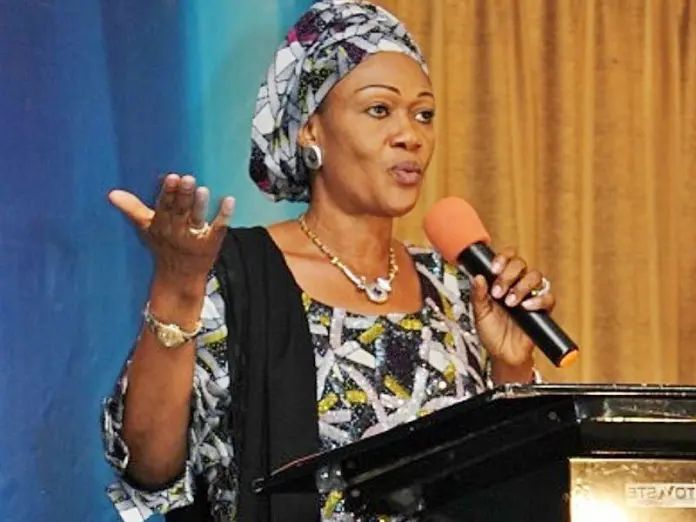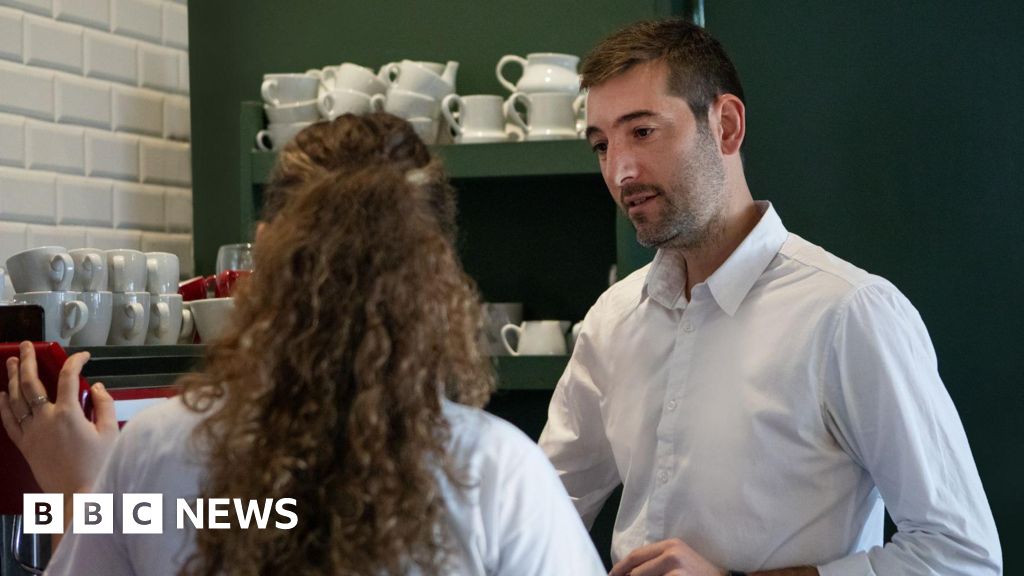The Lagos State government has said there is a need to optimise the tax collection process to be able to achieve the federal government’s $1 trillion economy target by the year 2030.
The special adviser to Lagos State government on Public Private Partnerships, Bukola Odoe represented by consultant and financial analyst, Lagos State Office of Public Private Partnerships, Adefisoye Adekunle stated this at the 2024 Annual Workshop/ Awards of the Commerce and Industry Correspondents Association of Nigeria (CICAN) with the theme, ‘Manufacturing: $1 trillion GDP target by 2030: Realities & Possibilities’ held in Lagos.
Odoe addressed the ongoing discussions surrounding the proposed new tax bill in the National Assembly, stressing the need for a balanced approach to tax collection that fosters economic growth and development in a fair and equitable manner.
She said enhancing tax collection processes not only boosts revenue generation but also contributes to sustainable economic progress, supporting the realisation of national economic targets.
“We need to focus and optimise our collection process, make it simpler, make it easier in such a way that people with a small Phone, Android can access, you can access your tax, and you can pay without any stress,” she explained.
She espoused the importance of fiscal policy in the context of national development, emphasising that sustainable revenue generation is indispensable for progress.
She pointed out the significance of non-oil taxes for states that lack control over oil revenue. She underscored the need for prudent financial management by states for the benefit of their citizens.
She further expressed her support for a bill that aims to streamline and update tax laws, ensuring that taxes are levied appropriately and collected efficiently.
She highlighted the proposed integration of technology in tax administration to simplify processes and enhance compliance.
She said the anticipated amendment of the current VAT Acts is in alignment with the proposed bill.
She also emphasised the pivotal role of infrastructure sustainability in facilitating tax reforms, advocating for the automation of revenue collection processes in Nigeria to improve effectiveness and transparency.
The national chairman of CICAN, Charles Okonji highlighted the concerning state of Nigeria’s private sector, which serves as the economy’s driving force.
He expressed deep worry over the sector’s poor health, noting that even government interventions have failed to address the challenges.
Okonji stressed the critical role of production in a nation’s greatness, saying without a vibrant private sector driving innovation and economic growth, Nigeria risks falling behind in the global market.
He explained that the theme for this year’s event is in line with the numerous hurdles faced by the industry.

 1 hour ago
1
1 hour ago
1















 English (US) ·
English (US) ·